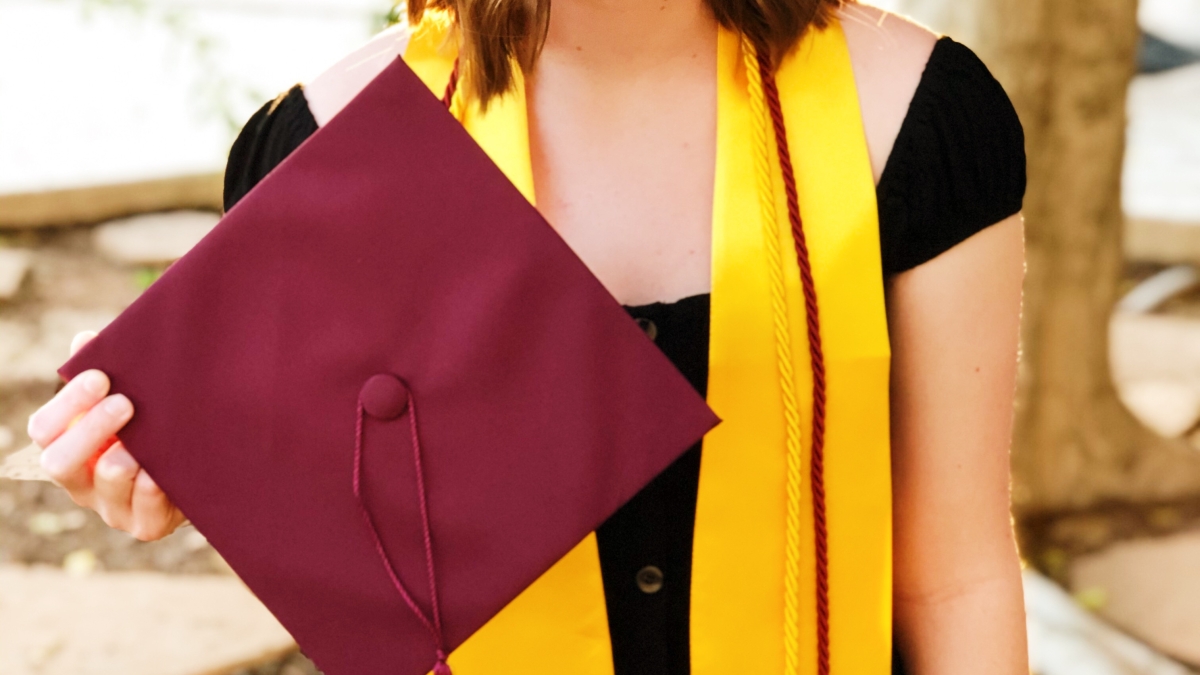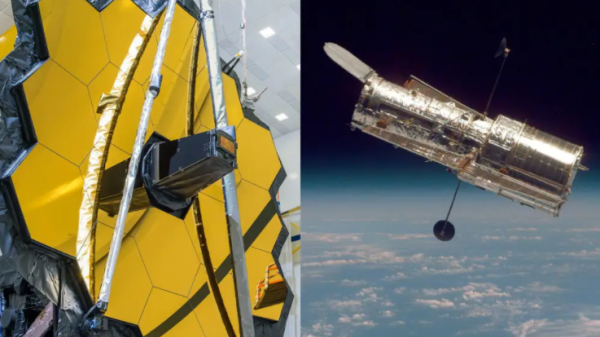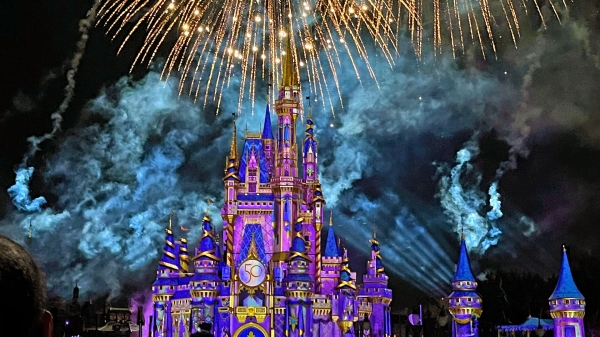Honors graduate's future plans include becoming a physician assistant

Kaitlin Masterson
Editor's note: This story is part of a series of profiles of notable spring 2020 graduates.
The popular television show "Grey’s Anatomy" piqued Kaitlin Masterson’s interest in a career in medicine. While the show’s drama, intrigue, twists and turns were entertaining, the human stories and patient care are really what grabbed Masterson’s attention.
“Ever since I started watching Grey’s Anatomy in high school, I’ve been interested in the medical field,” said Masterson, who will graduate Arizona State University this month with a bachelor’s degree in biochemistry with a minor in mathematics and honors from Barrett, The Honors College.
Masterson, whose hometown is Gilbert, Arizona, entered ASU as a New American University Scholar majoring in biomedical engineering, thinking she would pursue the more technological side of medicine.
“After a year I decided to switch majors to biochemistry because I was tired of coding and designing products and I realized I wanted to be a physician assistant to do more hands-on patient care and this field of study aligned better with the requirements for PA school,” she said.
She currently works as a licensed nursing assistant. Her undergraduate honors thesis focused on caregiver burnout and what can be done about it, a particularly significant topic given the current coronavirus pandemic that is taxing health care systems and caregivers around the world.
We caught up with Masterson to get her thoughts about her ASU experience and her future plans. Here’s what she had to say?
Question: What accomplishment are you most proud of?
Answer: One accomplishment that I had during my ASU career was completing and defending my honors thesis this past semester. This was a task that hung over my head since freshman year that I was constantly terrified of having to do in the future. This past year I was able to research, interview and write about the existence of caregiver burnout, grief experienced from patient death and the importance of useful coping mechanisms for health care providers. I was able to share my own experience as a nursing assistant and research a topic that I was passionate about. Once I got started, the daunting thesis project really wasn’t as bad as I had thought it was going to be. All of the stress and late nights paid off and I was able to complete something that I was really proud of. While defending my thesis online through Zoom wasn’t something that I had hoped for, it still felt great to be finished and to be recognized for my hard work.
Q: What’s something you learned while at ASU — in the classroom or otherwise — that surprised you or changed your perspective?
A: One thing I learned in a course at ASU (BIO 302 with Carolyn Compton), was that 50-75% of cancers can be prevented through easy self-care actions — diet, exercise, normal Body Mass Index, not smoking or drinking alcohol, and wearing sunscreen. Learning this fact, along with learning about the evil monster that is cancer, really surprised me and helped me realize just how important these preventable measures are. I already knew that smoking caused cancer, but I didn’t realize that those other factors played a role as well. Learning that adapting to those lifestyle changes will lower my risk for cancer completely changed my perspective on the topic and definitely impacted my behavior.
Q: Why did you choose ASU?
A: Growing up in Arizona just a few miles from Tempe, my family had always been huge ASU fans. I chose ASU because it was close to home and I fell in love with Barrett and the ASU campus.
Q: Which professor taught you the most important lesson while at ASU?
A: I was a really shy and self-conscious person coming into college, so when I first started my freshman year taking The Human Event, a Barrett Honors College course that is designed for discussion and sometimes debate, I was really nervous and still didn’t really talk much in class. Over time, though, my professor Dr. Abby Loebenberg helped me realize that I shouldn’t care what other people thought and that I needed to move outside my comfort zone in order to achieve the grade and whatever else that I desired. After pushing through that course and constantly challenging myself, I was beyond thankful that I had done it because it helped me be more confident about speaking up and also about being myself. I don’t think I would have done as well in college without having learned those lessons in my freshman year.
Q: What’s the best piece of advice you’d give to those still in school?
A: My best piece of advice would be to get more involved and take up as many opportunities as you can, even if you are already up to your ears in school work. ASU, and especially Barrett Honors College, provides so many amazing opportunities for students, including events, internships, volunteer work and student organizations. I was so focused on my classes, work and friends that I didn’t really start taking advantage of a lot of them until my junior and senior year and I regret it. I would tell people that while academics are important, ASU is so much more than that and you need to take advantage of it while you can.
Q: What was your favorite spot on campus, whether for studying, meeting friends or just thinking about life?
A: My favorite spot on campus was the second floor of Noble Library, where the comfy chairs face the big windows and you can see people walking in front of the library. I would go there almost every day to study or watch Netflix and snack between classes. It was right in the center of most of my classes and was always quiet enough for me to get my work done. It’s just an all-around relaxing place with a good view!
Q: What are your plans after graduation?
A: My plans after graduation are to apply to physician assistant school to get my master’s degree in physician assistant studies. Until I start that adventure, I am going to continue working as a licensed nursing assistant to gain more patient care experience. I also plan on getting involved in more volunteer work, including volunteering for hospice once the COVID-19 precautions are lifted. Oh, and hopefully a lot of traveling too before starting PA school!
Q: If someone gave you $40 million to solve one problem on our planet, what would you tackle?
A: Man this is a hard question. There are so many problems in the world that need solving, but if I had to pick one, I would spend the $40 million to pave a way to provide affordable health care for everyone. So many people can’t afford the care that they need, especially those who don’t have insurance, and it’s hard to watch people get sick and die when there is a valid treatment option available for them. In one of the courses I took at ASU, Cancer the Mother of All Diseases — what an amazing course by the way — I learned just how expensive it is to diagnose and treat cancer. People go through so much pain and agony to be cured, yet are stuck with crazy high medical bills that’ll blow your mind. It pains me to think about how many people aren’t able to get treatment because of the crazy high costs of health care, and if I had to pick one issue to tackle, right now I’d choose that big one.
More Science and technology

ASU receives 3 awards for research critical to national security
Three researchers in the Ira A. Fulton Schools of Engineering at Arizona State University have received grant awards under the …

Celebrating 34 years of space discovery with NASA
This year, NASA's Hubble Space Telescope (HST) is celebrating its 34th anniversary of the world's first space-based optical…

Making magic happen: Engineering and designing theme parks
The themed entertainment industry is widespread and diverse, encompassing everything from theme parks to aquariums, zoos, water…